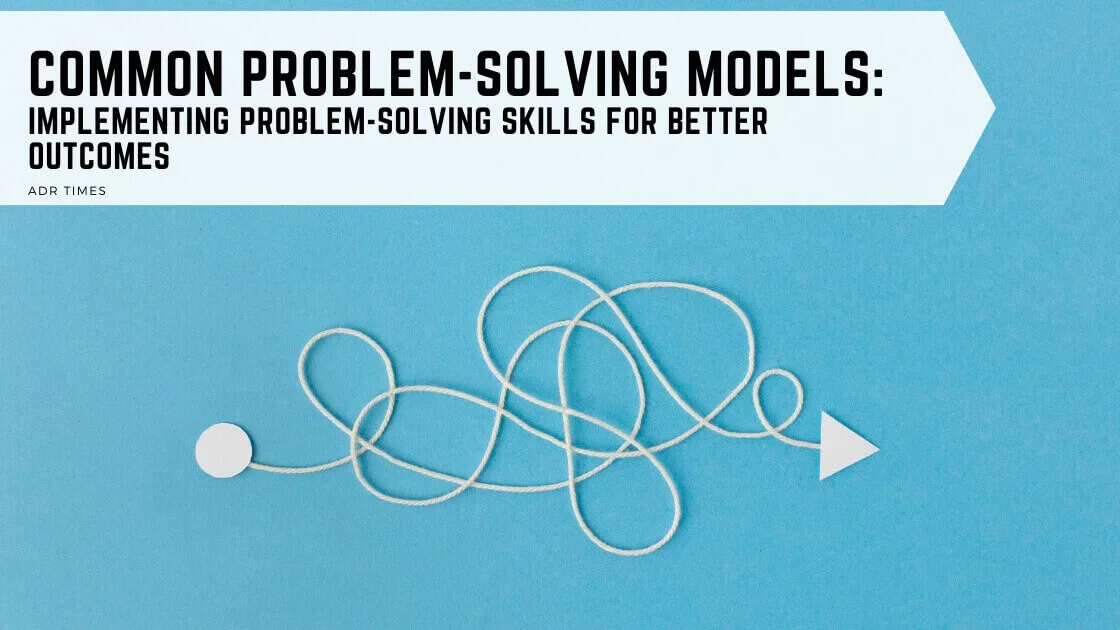Drafting an Effective Dispute Resolution Clause
Being able to draft a well-written dispute-resolution clause is the foundation of successful dispute-resolution procedures. Dispute resolution clauses are crucial to every ADR (alternate dispute resolution) agreement. The use of these agreements is encouraged to ensure that the important elements of a dispute resolution proceeding are provided for. And to avoid any ambiguity which may later …










